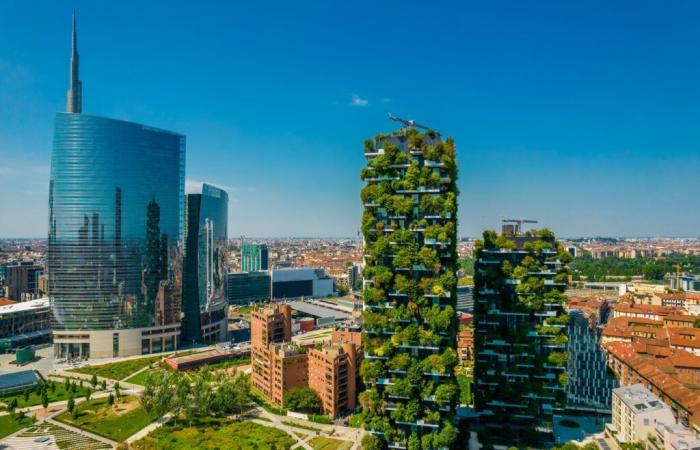According to a study, Milan would be the most livable city in Italy for culture, tourism, healthcare and above all wealth and work. But is it still like this? Does the Lombardy capital, with skyrocketing rents and low salaries, remain a truly attractive hub for citizens?
Our editorial team receives letters and testimonies that concern us every day the difficulty of living in Milan. We decide to publish them to encourage reflection on the conditions and the great disparity that exists in the city. We invite our readers to write their stories to us by clicking here.
Milan is the city where you live best in Italy. This is confirmed by the annual study of ItaliaOggi – Ital Communications with the La Sapienza University of Rome, which makes the Lombard capital stand out at the top of the provinces of the Peninsula in terms of tourism, health and excellent healthcare opportunities, culture and education, and again for income, work and wealth of its citizens. The latter, the voices that have always made Milan par excellence the most attractive city in Italy. But is it really still like this, as analysis and rankings have decreed? We talk about it with Tomaso Greco, publisher and activist.
Tomaso Greco
A ranking rewards Milan as the city with the best liveability in Italy: it is crowned by the voice regarding work and business. Is it really like that?
Elena Sironi (M5S): “At the San Siro stadium, Sala struggles to make the city’s interest prevail”
I don’t believe much in rankings and I’m even less passionate about them. But I have no doubt that for those with a high income, Milan offers great opportunities. After all, it has always been like this. The news, unfortunately, is that those with a medium or even medium-low income, however, find it increasingly difficult and are forced to look elsewhere. It was the city of widespread opportunities, where the social elevator was working at full speed, it is no longer so and must be so again.
Above all, the item “income and wealth” contributes to Milan’s first place. Is it true that salaries in Milan are higher than in the rest of Italy? Is it wealth that makes the capital of Lombardy truly attractive?
The data say that median hourly salaries are 9 percent higher than in the rest of Italy, compared to a cost of living which, however, is between 20 percent and 30 percent higher calculated on the basket of goods and essential services. Then there are low salaries, where the difference compared to the national average of low salaries is impalpable, a few cents. You cannot reach 8.50 euros per hour compared to a poverty threshold in the metropolitan city set at 10 euros. And there are workers who carry out essential activities for the city who are paid 6/7 euros gross per hour. When reading the averages it must be taken into account that in the city there are multinationals, the large management centers that push them upwards. In Milan, however, there is a salary emergency, and only those who don’t want to see it don’t see it.
In recent times, it is clear, the city has become out of reach for many citizens or aspiring citizens, who are often rejected. But what happened?
There has been a very significant increase in the cost of living: the most evident data is rents, which are +70 percent compared to the national average. But other goods and services have also increased significantly over the years, more than elsewhere. Just look at the shopping cart, the lunch break where a sandwich costs on average 2 euros more than outside the city, the fact that raising a child has become increasingly expensive, almost a luxury. Milan is not more expensive than many other European cities, but it has a significantly worse ratio between cost of living and salaries.
According to this study, the Milanese are on average educated, graduates, employed from a young age… and yet something has gone wrong. Is it a distorted narrative, that of Milan as an exclusive city, or is it unfortunately reality?
There is an omissive narrative, one that tries to pretend that the emergency doesn’t exist. There is a proposal on the table, put forward by Ora!, by the Tortuga think tank and supported by many law and economics professors from Milanese universities: let’s use territorial bargaining to fight poor work. But Milanese politics throws the ball into the stands, obstructing. It is legitimate for the administration to choose other paths, not for it to stand by and not address the problem. It is very difficult to think, for example, that the new housing plan could be the answer to low salaries. In the Milanese public debate there is periodic indignation about low salaries, only to then forget about it when it comes to making choices. Well, I believe that the Milanese deserve a city that does not forget those who work.







